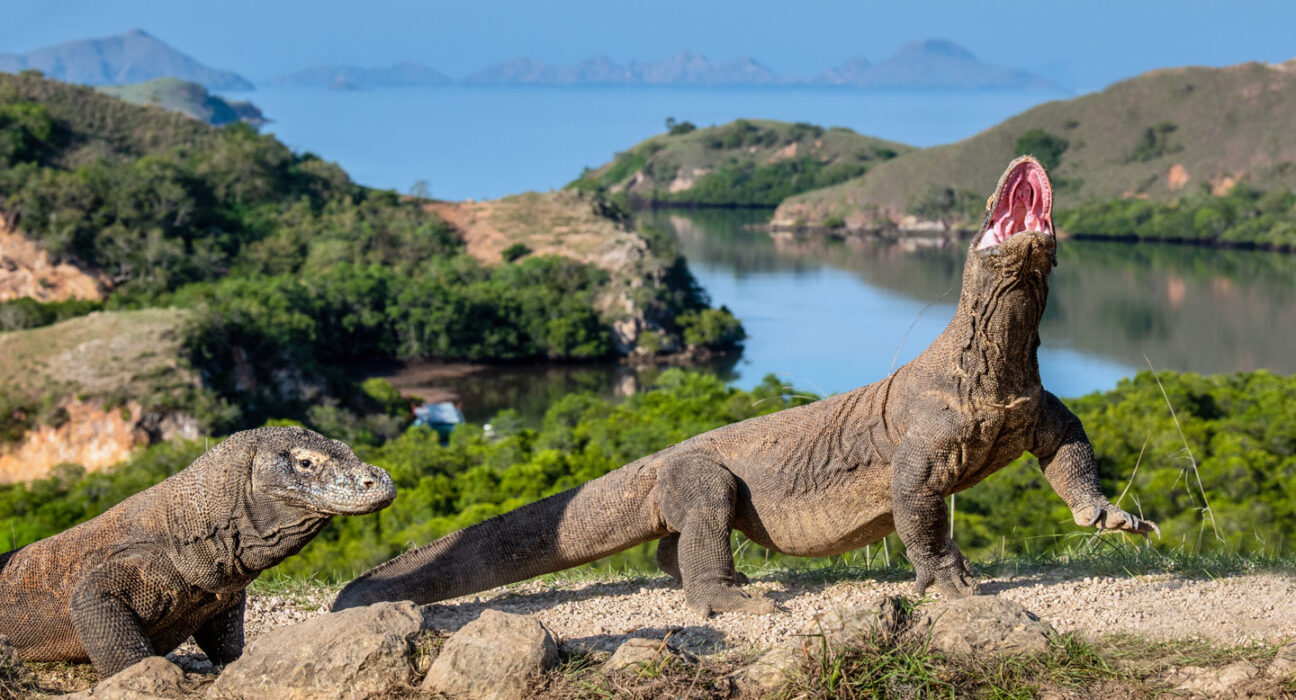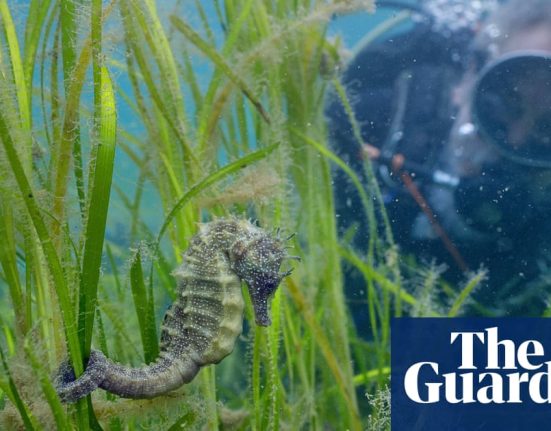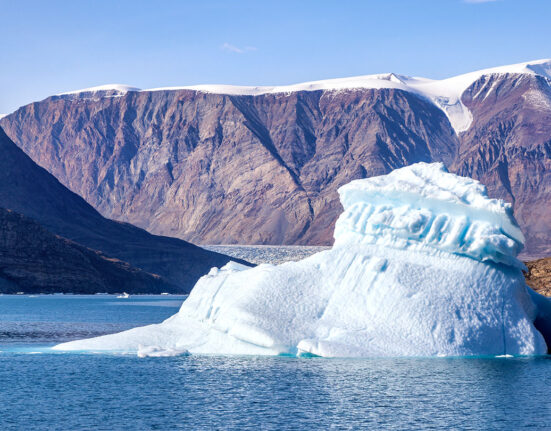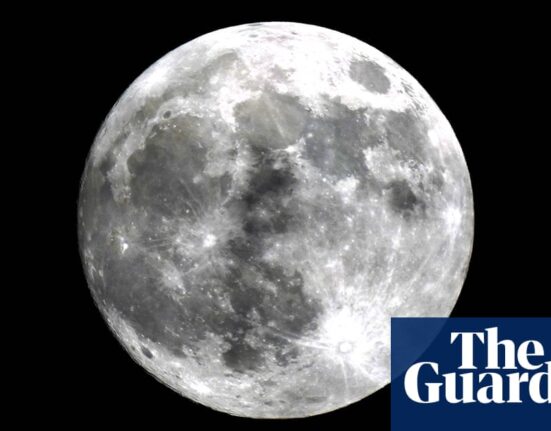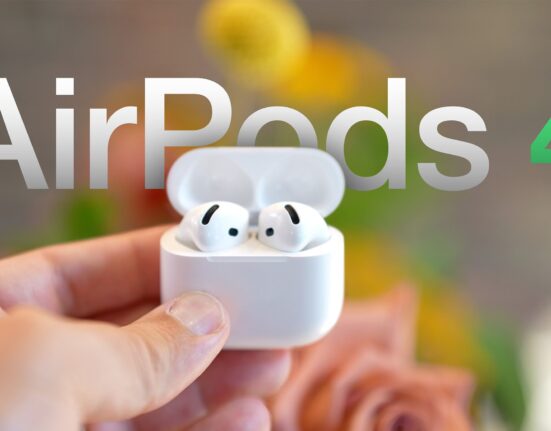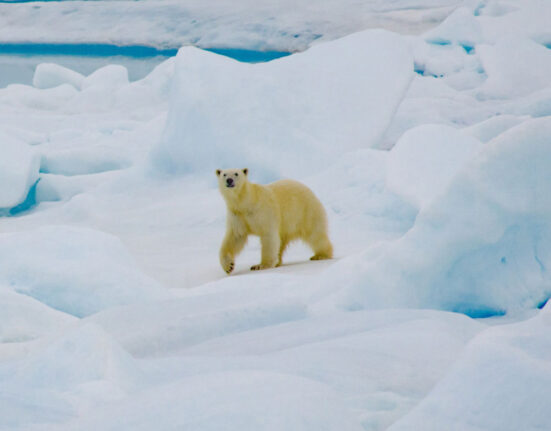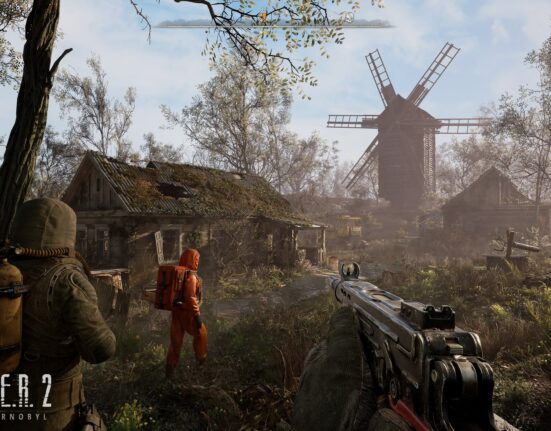chemical: A substance formed from two or more atoms that unite (bond) in a fixed proportion and structure. For example, water is a chemical made when two hydrogen atoms bond to one oxygen atom. Its chemical formula is H2O. Chemical also can be an adjective to describe properties of materials that are the result of various reactions between different compounds.
dinosaur: A term that means terrible lizard. These reptiles emerged around 243 million years ago. All descended from egg-laying reptiles known as archosaurs. Their descendants eventually split into two lines. For many decades, they have been distinguished by their hips.
ecology: A branch of biology that deals with the relations of organisms to one another and to their physical surroundings. A scientist who works in this field is called an ecologist.
element: A building block of some larger structure. (in chemistry) Each of more than one hundred substances for which the smallest unit of each is a single atom. Examples include hydrogen, oxygen, carbon, lithium and uranium.
enamel: The glossy, hard substance that covers a tooth.
evolution: (v. to evolve) A process by which species undergo changes over time, usually through genetic variation and natural selection. These changes usually result in a new type of organism better suited for its environment than the earlier type. The newer type is not necessarily more “advanced,” just better adapted to the particular conditions in which it developed. Or the term can refer to changes that occur as some natural progression within the non-living world (such as computer chips evolving to smaller devices which operate at an ever faster speed).
iron: A metallic element that is common within minerals in Earth’s crust and in its hot core. This metal also is found in cosmic dust and in many meteorites.
literally: An adjective indicating that the phrase it modifies is precisely true. For instance, to say: “It’s so cold that I’m literally dying,” means that this person actually expects to soon be dead, the result of getting too cold.
lizard: A type of reptile that typically walks on four legs, has a scaly body and a long tapering tail. Unlike most reptiles, lizards also typically have movable eyelids. Examples of lizards include the tuatara, chameleons, Komodo dragon, and Gila monster.
metal: Something that conducts electricity well, tends to be shiny (reflective) and is malleable (meaning it can be reshaped with heat and not too much force or pressure).
microscope: An instrument used to view objects, like bacteria, or the single cells of plants or animals, that are too small to be visible to the unaided eye.
monitor lizards: A family of muscular, predatory reptiles with scaled bodies, forked-tongues and a good sense of smell. Some are good swimmers, such as the water monitor, which tend to grow to about 1.5 meters (5 feet) long. The biggest monitor, the venomous Komodo dragon, can reach lengths of 3 meters, weigh in at more than 90 kilograms 200 pounds, sprint at speeds of 20 kilometers (13 miles) per hour, and eat up to 80 percent of its body weight at a single sitting. At the other end of the spectrum is the Dampier Peninsula monitor, the smallest of these reptiles, which as an adult will span just 23 centimeters (9 inches) and weigh a mere 16 grams (0.6 ounce).
paleontologist: A scientist who specializes in studying fossils, the remains of ancient organisms.
reptile: Vertebrate animals, whose skin is covered with scales or horny plates. Snakes, turtles, lizards and alligators are all reptiles. These also are cold-blooded (or ectothermic) creatures,
species: A group of similar organisms capable of producing offspring that can survive and reproduce.
unique: Something that is unlike anything else; the only one of its kind.



